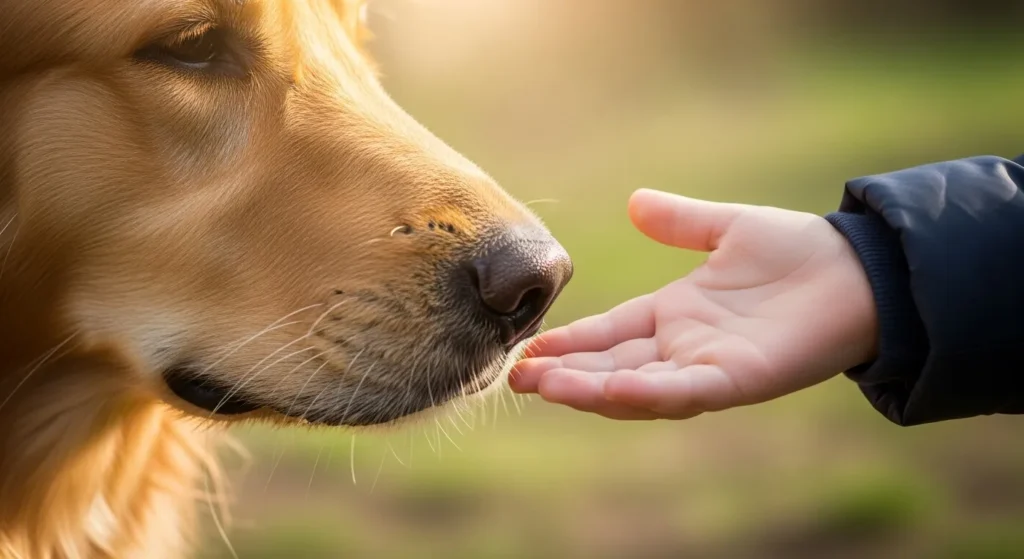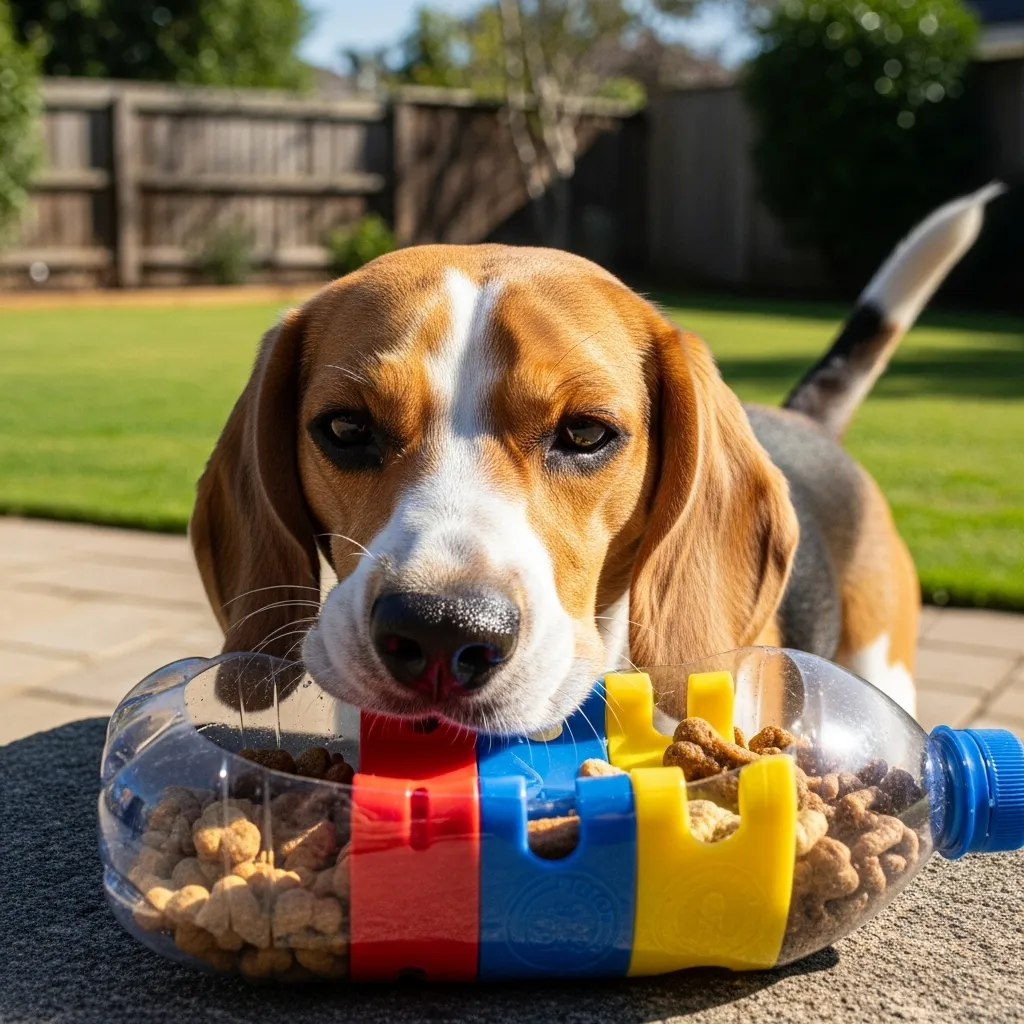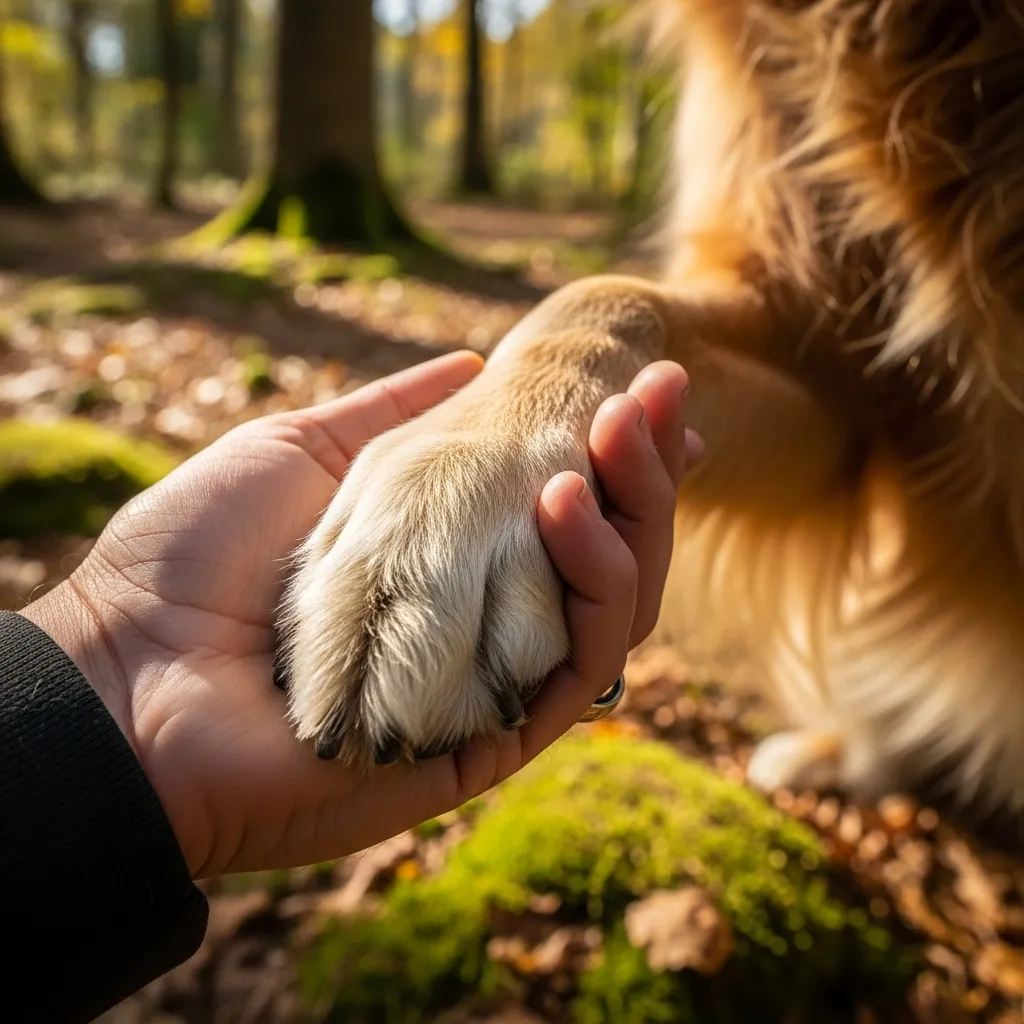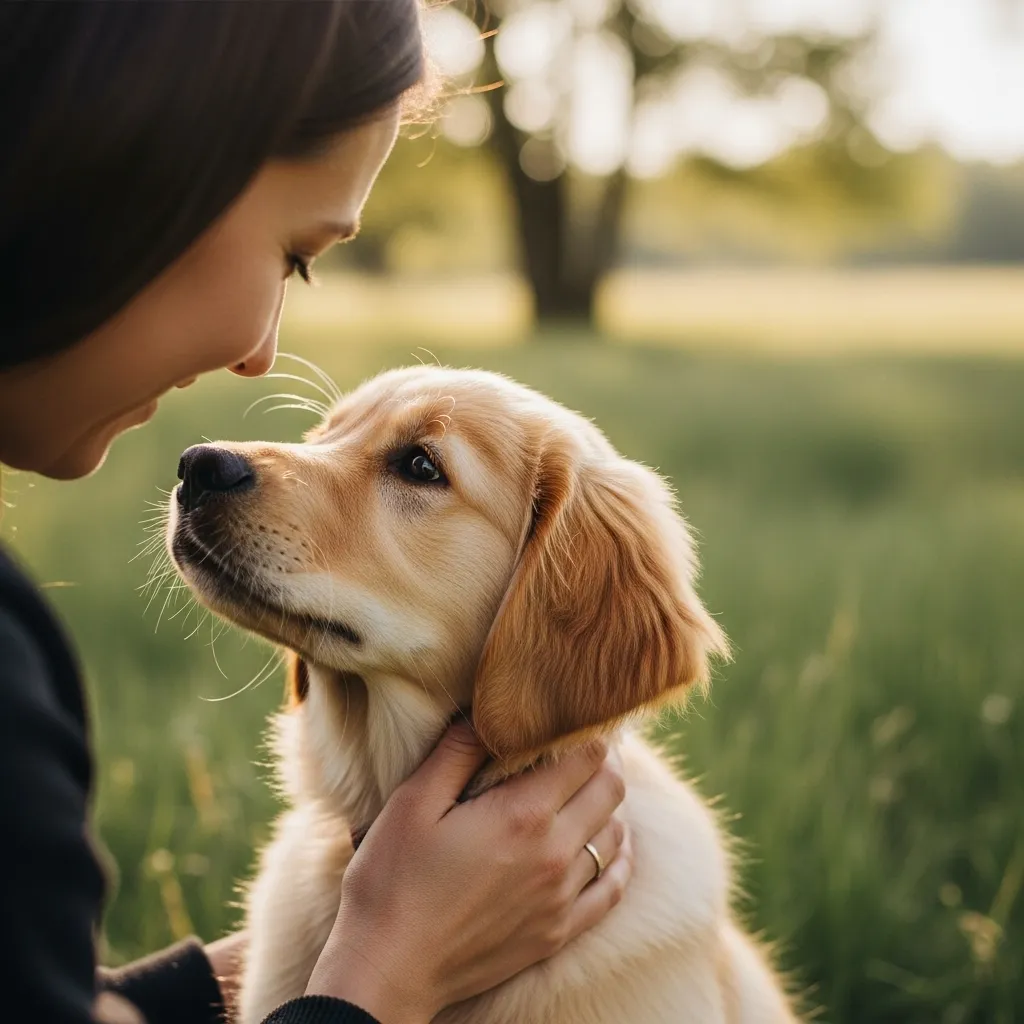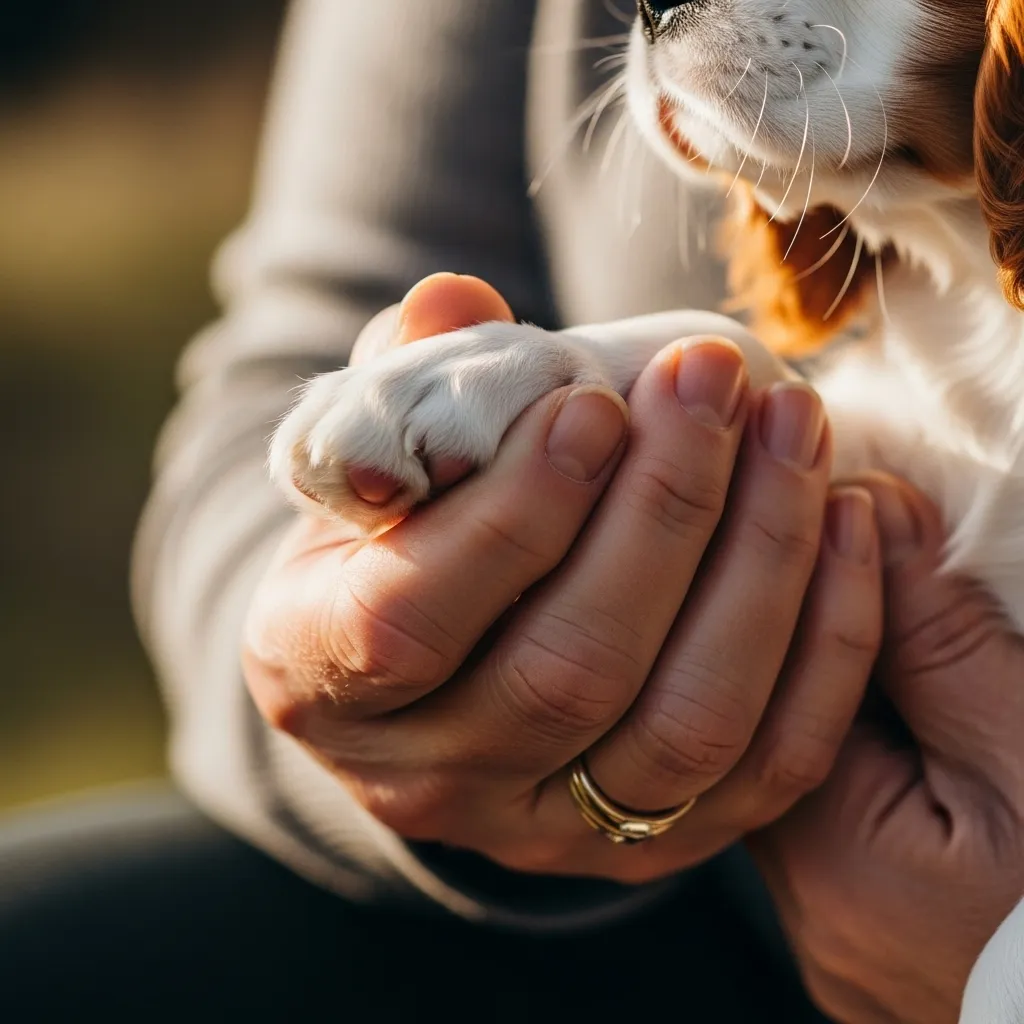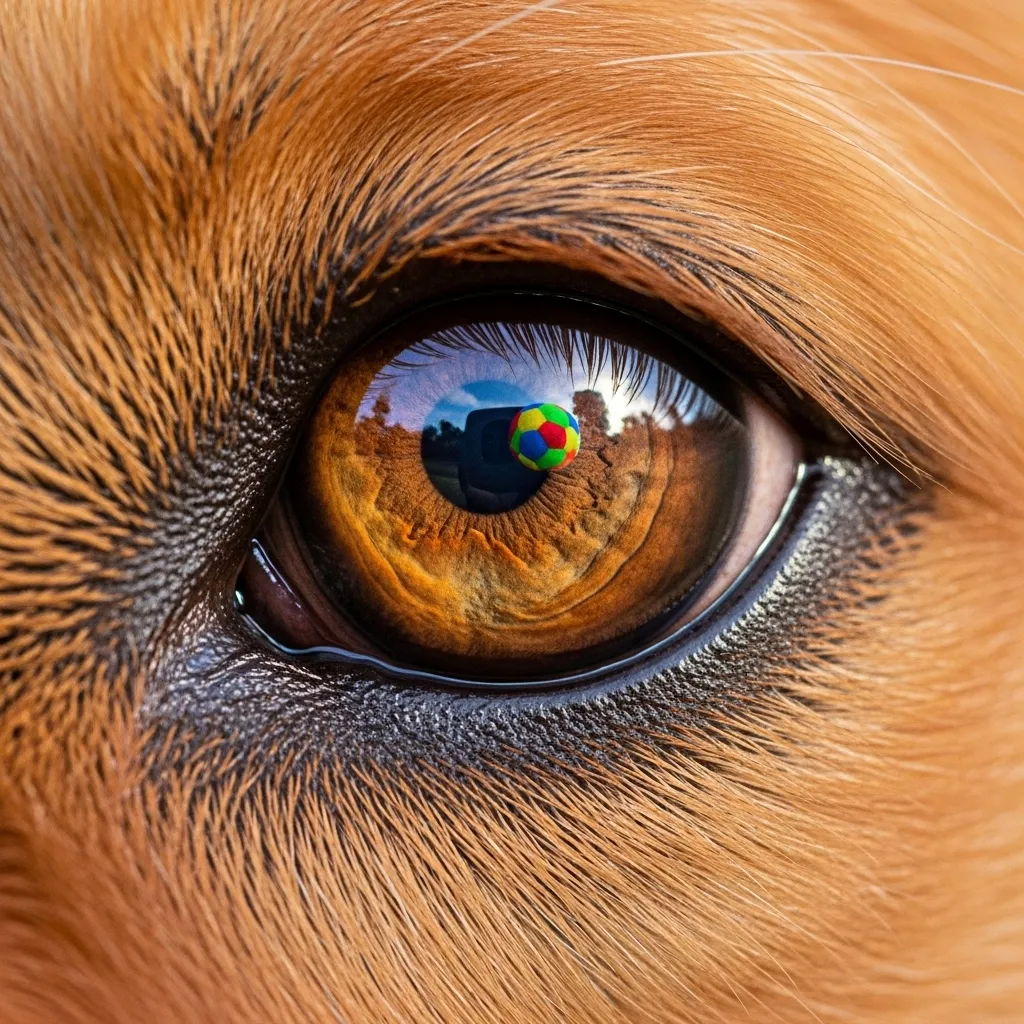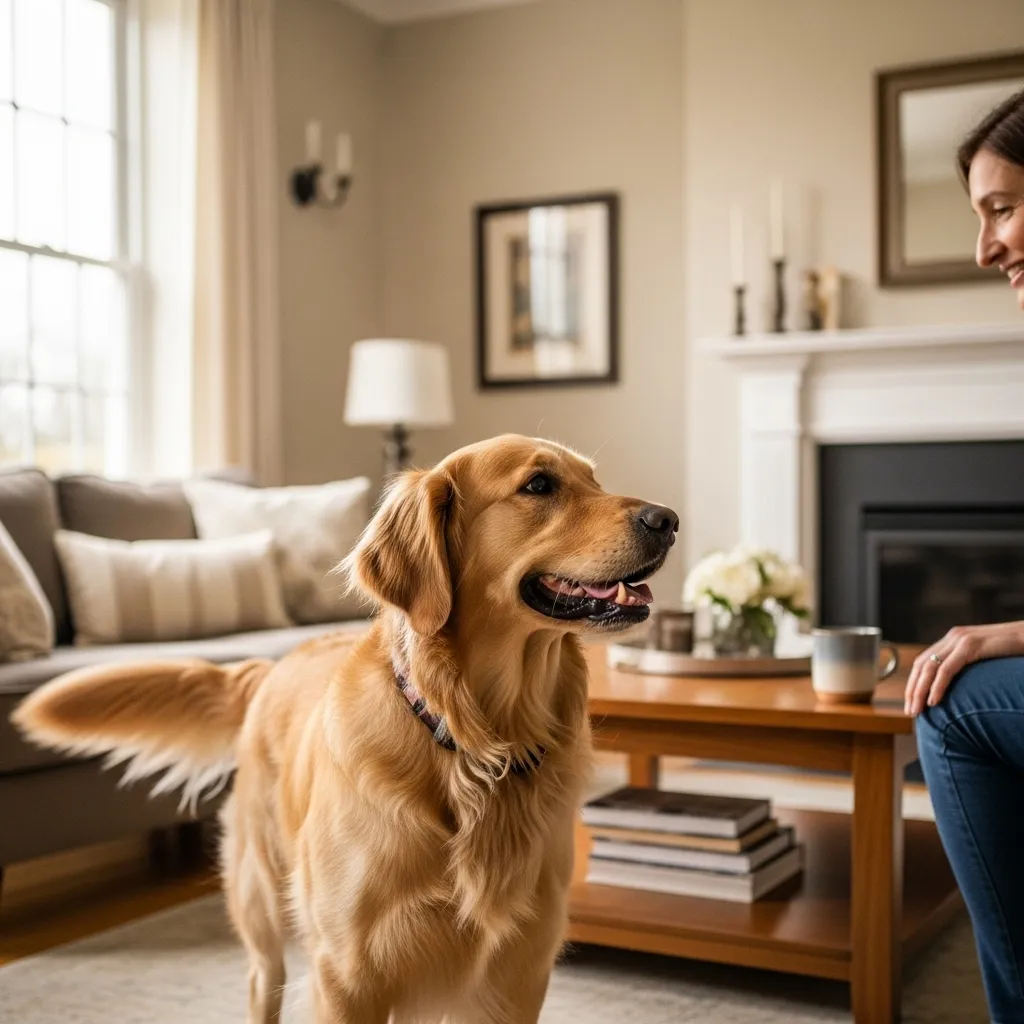No matter how hard your dog begs and pleads, there are some foods out there that you should never share with your furry friend, no matter how nice they “ask”. This goes even more when it comes to senior pets. Moreover, these foods are so dangerous for your dog that you should make sure not to leave any of those toxic foods in a place where your dog could get them.
If you want to learn what types of foods your senior dog isn’t allowed to eat, you’re going to find out today. Among the foods that are simply forbidden, we have chocolate, gum and candy, xylitol, grapes, raisins, macadamia nuts, avocados, onions, garlic, salt, tea leaves, raw yeast dough, spoiled foods, fatty foods, coffee, and alcohol. Here’s why:
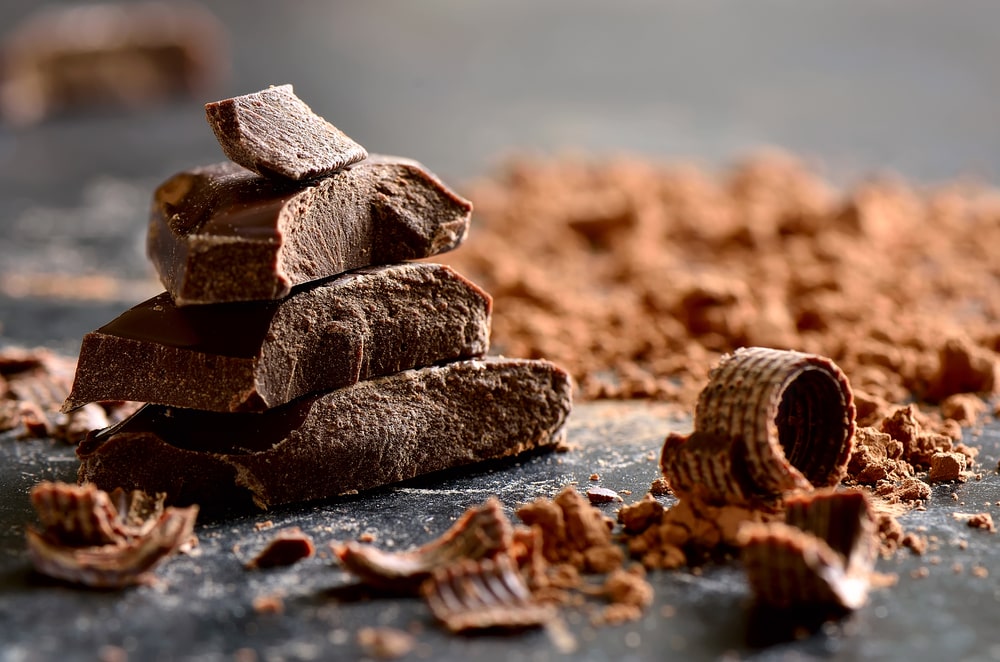
Chocolate
While a bit of melted chocolate in our mouth would make anyone happy, it’s definitely not recommended for our dogs. Chocolate has caffeine and theobromine, two stimulants that could make your dog’s heart race, and blood pressure skyrocket, and cause seizure and death.
The darker the chocolate, the more dangerous it is for your little friend because it has even more quantities of everything mentioned above. So yes, baker’s chocolate and semi-sweet nibs are definitely a no-no. Smaller breeds could also be affected by a lesser amount of chocolate than larger breeds.
Gum and candy
Imagining how a dog would chew on a piece of gum could elicit a chuckle or two, but it’s really nothing to laugh about. A dog wouldn’t have a clue what to do with a chewy, strange substance, and the chances of swallowing it are very high.
It could cause choking or blockages in the digestive system. The same applies to candy, especially if it’s super chewy, such as caramel or taffy. Hard candies could also fracture your dog’s teeth. Besides, if that gum or candy is sweetened with Xylitol, it could also cause some serious issues for your dog. Xylitol is definitely a dangerous substance it definitely earned its spot on the list.
Xylitol
Xylitol is a widely used sweetener used as a substitute in various foods, such as gum, candy, desserts, yogurt, and even peanut butter. Ingesting Xylitol could also result in low blood sugar (hypoglycemia), seizure, and liver failure in dogs. So whatever you do, make sure you check the ingredients of anything that could contain Xylitol before giving it to your dog.
Grapes
Grapes are extremely toxic to dogs and could result in severe complications, including sudden kidney failure. Even a single one could cause a rather bad reaction in your dog, so make sure those bowlfuls of grapes and fruit salads are out of your dog’s reach. If you happen to come home and find an empty grapevine on the floor in your dog’s vicinity, contact your vet or even your animal poison control right away.
Raisins
You probably know what raisins are. They are basically dried and shriveled-up grapes, which leads us to the previous example. So yes, raisins are definitely harmful to your dogs. Raisins are also quite tricky because they can hide in cookies and other goodies that your dog could try to gobble up.
Macadamia nuts
These nuts are originally from Madagascar and Australia, and they were brought over to Hawaii and California many years ago. They can be easily found in many local grocery stores, and you’ll most likely find them in cookies.
Up to this point, we still don’t know what’s in these nuts that causes a bad reaction in our furry friends, but symptoms could also include a very upset tummy, vomiting, hyperthermia, and tremors.
Avocados
Did you know that avocados are fruits? They have a substance called person, which could be very harmful to dogs. To be fair, there is more person in the leaves and skin of avocados, and there are all kinds of varieties that have more or less of this toxic substance. In any case, it’s much better to keep your dog’s nose out of the guacamole bowl on game day.
Onions
Onions are rich in a harmful substance that could damage your dog’s red blood cells, making them completely unstable to carry oxygen through the body. This is just as dangerous as it sounds and it can also be fatal.
Now you could wonder what dog would eat a union, but they’ve been well known to gobble up slices dropped on the floor, snack on breaded onion rings, or even nosh on sweetener-tasting pearl onions. Onion powder is definitely a problem for dogs, so make sure you keep them safely stored away in your spice cabinet.
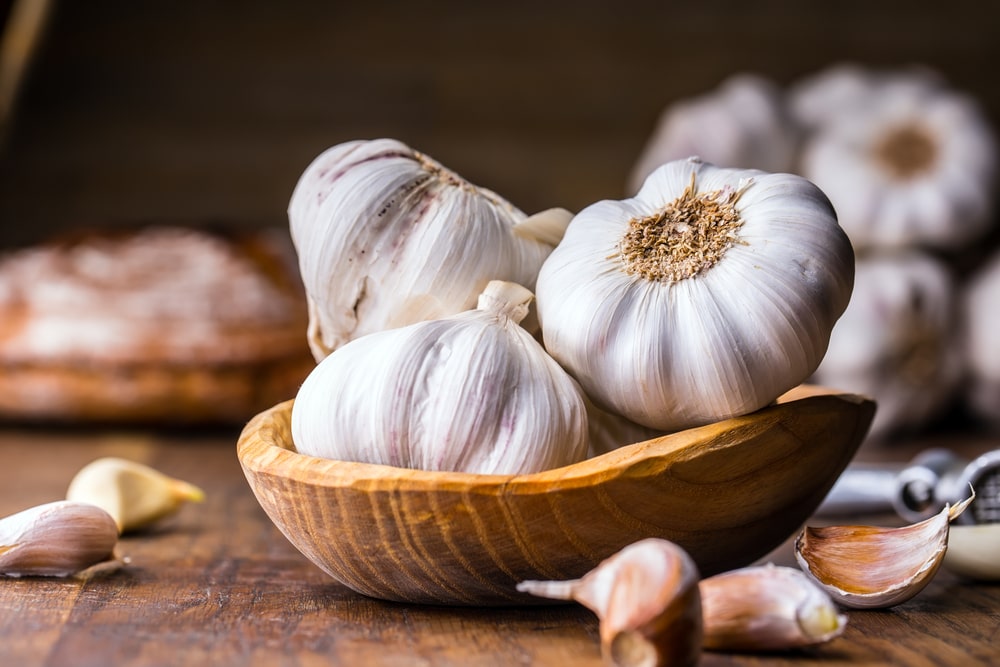
Garlic
Just like onions, garlic could definitely damage a dog’s red blood cells. And the same as onions, you could be wondering why dogs would want to eat garlic. But dogs don’t always shy away from strong-tasting foods.
They could also eat up garlic cloves that fell while you were preparing your dinner or get into a jar of chopped garlic left open on the counter. Garlic powder could also be an issue, so make sure you store it safely.
Salt
Whether it’s poured right out of the shaker or on potato chips, pretzels, popcorn, or any other snacks, too much salt could cause health issues for your little furry friend. It could lead to sodium ion poisoning or even salt poisoning, which could damage the kidneys. Other signs include excessive thirst and urination, vomiting, and even diarrhea.
Tea leaves
As sitting down with a nice cup of tea could be one of the most relaxing points of your day, you should try to avoid inviting your dog for teatime. Tea leaves have caffeine, which can be quite troublesome for dogs. Even if your dog seems uninterested in your tea bags, you should safely store them in cartons and avoid leaning mugs with used tea bags around where your dog could take a taste.
Raw yeast dough
If you’re baking bread or any other item with raw yeast, whether it’s homemade soft pretzels, make sure you let it rise somewhere safe from curious noses. The yeast in that dough could expand in your dog’s belly and cause painful gas and bloating.
Bloat could cause a dog’s stomach to twist, which could turn into a medical emergency. There is also a risk of alcohol intoxication, especially since yeast produces alcohol during the fermenting process.
Spoiled foods
There could be all sorts of harmful things in your garbage, like spoiled or even moldy foods, which could definitely harm your dog’s stomach or even worse. Some molds might have mycotoxins that lead to muscle tremors. Make sure you throw old or rotten foods out, especially where your dog can’t get at them, like a closed outdoor garbage bin.
Fatty foods
Feeding your dog fatty foods, such as hot dogs, bacon, ribs, or even fried chicken, could upset your dog’s stomach and cause vomiting and diarrhea. Worst case scenario, it can lead to pancreatitis, which is an inflammation of the pancreas.
Some breeds out there like Miniature Schnauzers or Yorkshire Terriers are more prone to pancreatitis. If you notice your dog is hunched over and shows signs of tummy pain, make sure you contact your vet.
If you found this article useful, we also recommend reading 14 House Hacks Every Pet Owner Needs to Know



